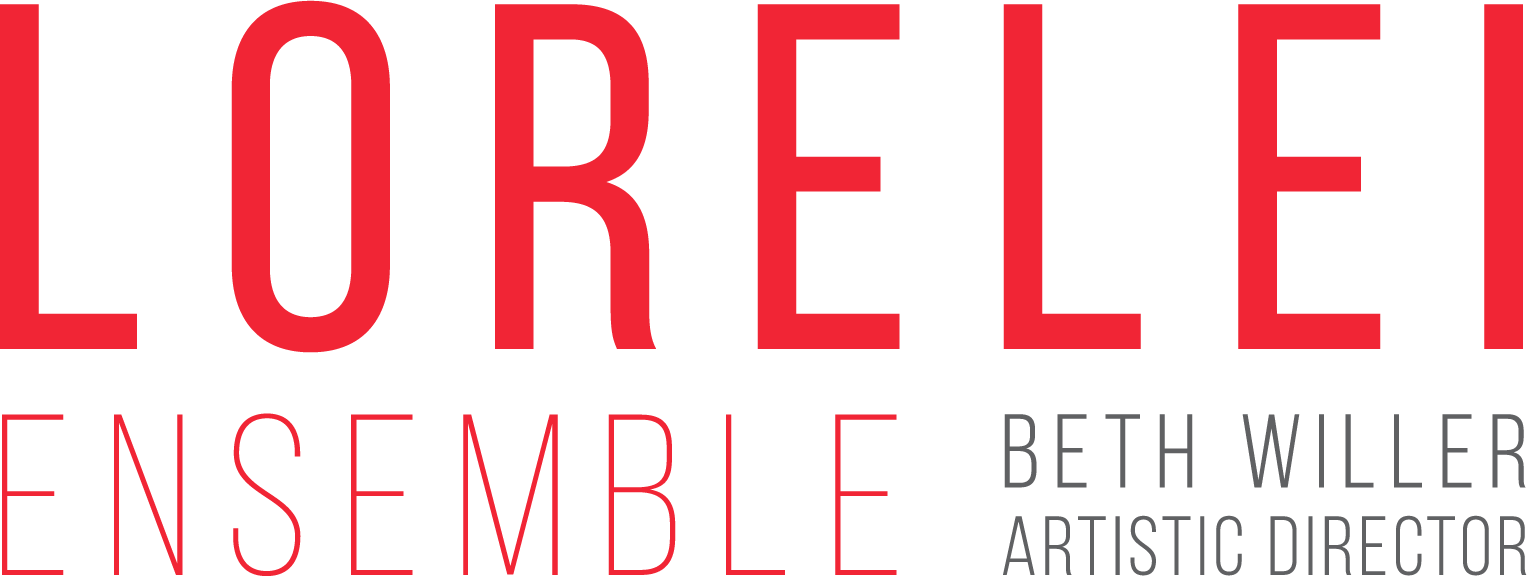Eliza Bagg- soprano
I think we can all agree we’re living in a moment of extraordinary change. As the pandemic drags on, what continues to strike me about the nature of this change is how it accesses almost every level of our lives — from how we spend our time each morning to how we think about taking in information or what we value about connecting with each other. As artists, especially musicians, many of us have been thrown into a self-reflective meta reality, wherein we are constantly examining the ways in which we used to make art, the ways we can feasibly make art now, and how relevant those practices are in the rapidly changing and evolving crises of 2020 and beyond.
I can’t tell you how many conversations I’ve had with dear musician friends over the past 7 months in which we try to reconcile the fact that our means of production, our way of life, the craft and practice as we’ve known it for 20 plus years of our lives has been all but eradicated — and I think I’m beginning to come out on the other side with a more optimistic than pessimistic view. The view is this: as creators, we’ve been given the gift of true liberation from the “anxiety of influence,” from the shackles of thinking things have to be a certain way in order to be good, or that you have to know certain things in order for you or your work to matter. This is something women creators in general have always struggled with — fighting against the idea that things have to look/sound/feel a certain way in order to be taken seriously.
But now, we’re in an “all bets are off“ situation and guess what? We don’t have the same resources and situational setups that we used to. It’s painful to mourn that loss, but it’s also exciting to imagine a NEW future of art making, and perhaps a new world, where we make things in a new way, connect with each other through some form we haven’t even imagined yet. We have the opportunity to make that happen, and that’s what new music can do for us in 2020 — reimagine, reshape.
I’ve been feeling like the impulse to reimagine and reshape is my only way forward. That is why commissions and new music are so important — to help interpret and process the world around us in a way that accesses our felt reality. It goes outside of our already overworked, information saturated brains. Music, and especially music being made now in the context of our world, helps us feel the things we desperately need to feel in order to be the best humans we can be NOW, and helps us imagine how we can, and why we should, still exist in the world ahead of us.

